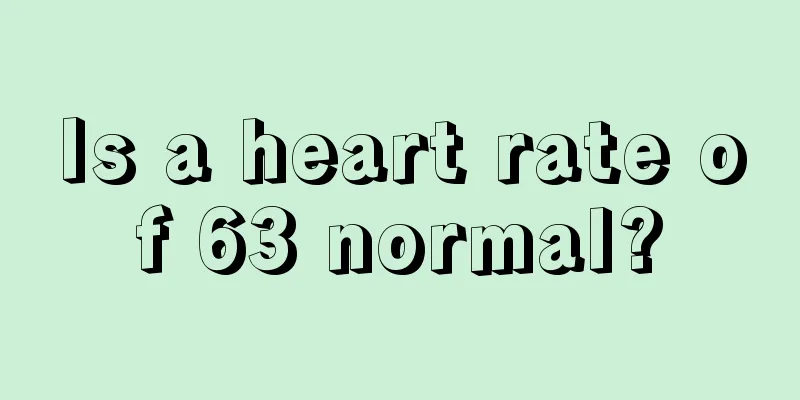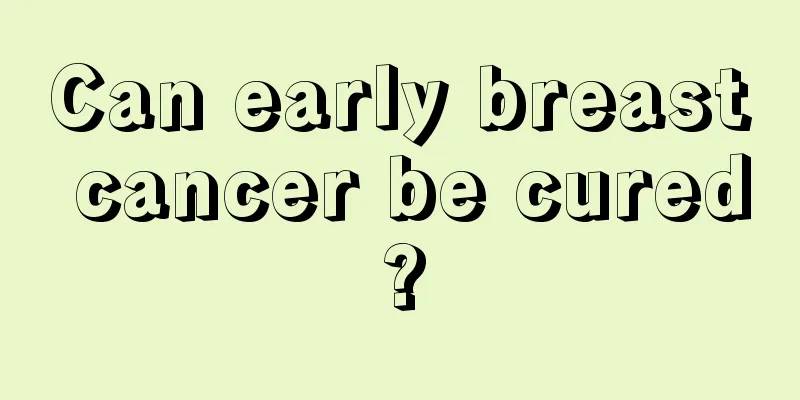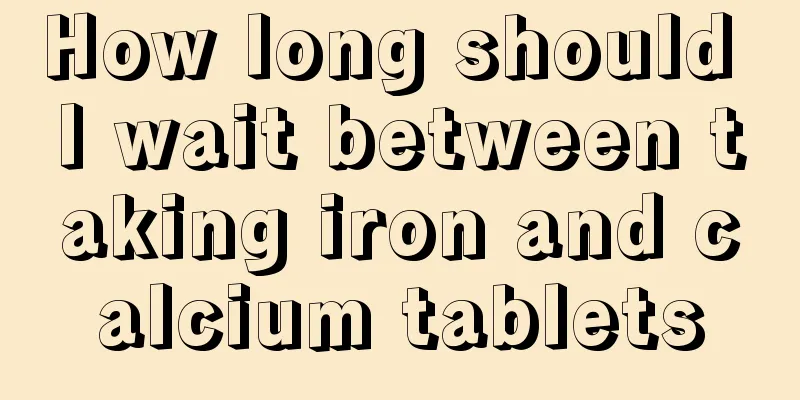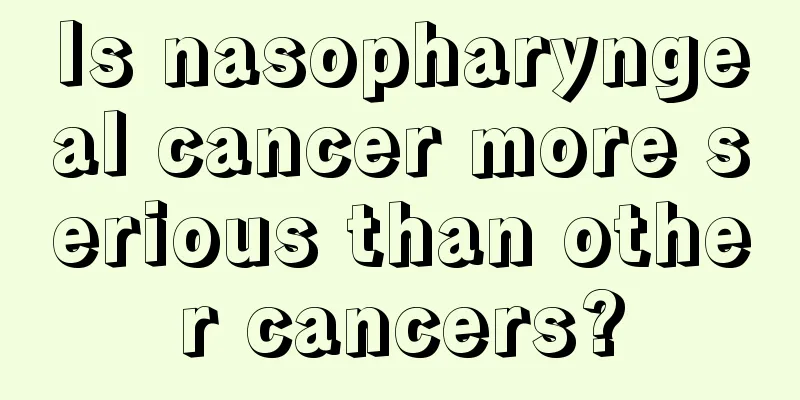Is a heart rate of 63 normal?

|
The human heart is the source of life movement. The heartbeat speed of each person is different at different times, and the heartbeat speed usually varies depending on the environment. In daily life, if the heartbeat speeds up or slows down, or is accompanied by other symptoms such as palpitations, it needs to be taken seriously. It may be caused by a heart disease, and active treatment is crucial. Is a heart rate of 63 normal? The normal heart rate range for adults is 60 to 100 beats/minute. A heart rate >100 beats/minute is tachycardia, a heart rate <60 beats/minute is bradycardia, and a heart rate of 63 beats/minute is within the normal range. Normally, bradycardia can be seen in people who exercise regularly, such as athletes, manual laborers, or people with a relatively strong physique. Tachycardia may occur after exercise, fatigue, tension, excessive stress, staying up late, smoking and drinking, etc. Your heart rate is 63 beats/minute. If you don't feel uncomfortable, it is normal and you don't need to worry. Dangers of slow heart rate If the heart rate is too slow for a long time, the body will suffer from hypoxia and ischemia due to insufficient blood "pumped" by the heart, and the compensatory ventricles will speed up their movement to supply blood. However, excessive ventricular movement will cause insufficient blood return. If cardiac output is significantly reduced, a series of symptoms such as dizziness, headache, and tinnitus will appear. In severe cases, coma and convulsions may occur. Due to insufficient blood supply to the coronary arteries, patients may suffer from angina pectoris or even myocardial infarction. Causes of a fast heart rate (1) Physiological: Changes in body position, physical activity, food digestion, anxiety, pregnancy, excitement, fear, agitation, drinking, smoking, drinking tea, etc. can all increase the heart rate. (2) Drug-induced: Some drugs can cause a person’s heart rate to accelerate, such as sympathomimetic drugs like ephedrine and adrenaline. Parasympathetic blocking drugs such as atropine, caffeine, thyroxine, amphetamine, etc. can cause tachycardia. (3) Pathological: Some systemic diseases can also cause a faster heartbeat: high fever, anemia, hypoxia, infection, hyperthyroidism, pain, acute rheumatic fever, beriberi and neurosis can cause tachycardia. (4) Cardiovascular disease: Acute blood loss, hypotension and shock, arteriovenous fistula, heart failure, myocarditis, cardiomyopathy, pericarditis, acute myocardial infarction and various organic heart diseases can all lead to sinus tachycardia. The dangers of a fast heart rate Long-term tachycardia can lead to heart enlargement and heart failure. For those with a history of coronary heart disease, it can directly induce a coronary heart disease attack, thereby increasing the incidence and mortality of cardiovascular disease. Especially for patients with hypertension, the heart rate should not exceed 80 beats/minute. |
<<: What is the normal heart rate for young people
>>: Cholesterol-lowering health products
Recommend
How to perform interventional treatment for lung cancer? A minimally invasive surgery
Interventional treatment for lung cancer patients...
What can I eat to cure oral ulcers
Oral diseases are common diseases nowadays, and m...
Ingredients of the mask
Facial masks are commonly used by us. There are m...
Prognostic nursing for advanced pancreatic cancer complicated with intestinal obstruction
With the increase in the incidence of cancer, can...
What are the radical surgeries for prostate cancer?
There is breast cancer, and men have prostate can...
Can I drink lotus leaf tea every day?
To put it simply, lotus leaf tea is a health-care...
What kinds of seafood are there
People always say that if you live by the mountai...
What is the correct way to use a curling iron?
In order to create curly hair, the most common wa...
Is obstructive pneumonia lung cancer?
Patients with obstructive pneumonia may have feve...
What factors affect the cost of cholangiocarcinoma treatment?
Everyone knows that for bile duct cancer, surgery...
How much sleep does a 28 month old baby need?
A 28-month-old baby is already more than two year...
Method for sealing intravenous catheter
Intravenous catheters are widely used in clinical...
How to wash clothes with oil stains
How to wash clothes with oil stains? Oil stains a...
The recurrence rate of breast cancer patients
This probability does not mean much. The treatmen...
What's going on with rales in the trachea?
The so-called rales actually refer to sounds othe...









